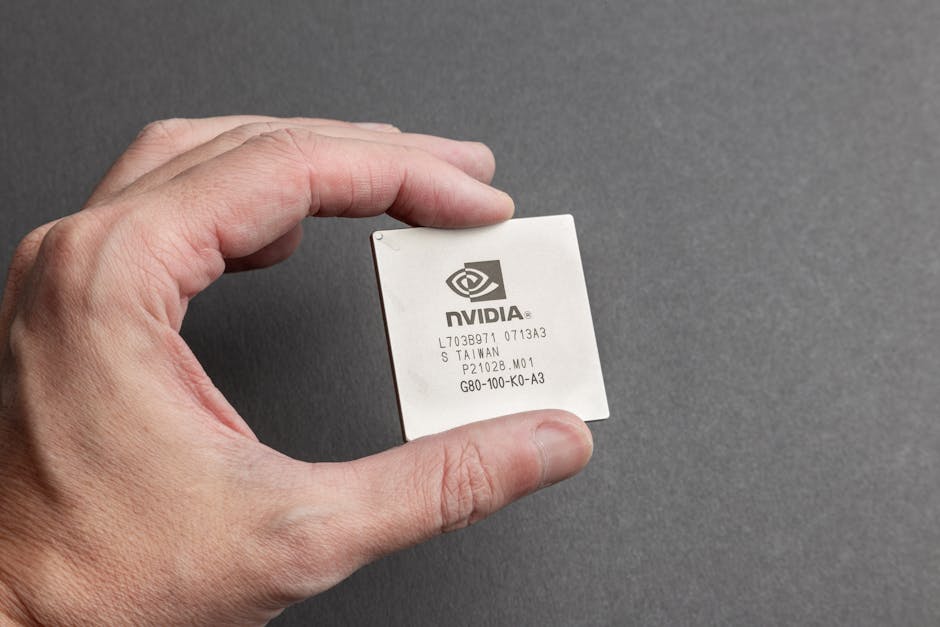When it comes to choosing the perfect gaming headset, the debate between wireless and wired options has been a hot topic among gamers. As a seasoned tech enthusiast, I’ve delved into the pros and cons of each to help you make an informed decision.
In the fast-paced world of gaming, the convenience of a wireless headset can’t be denied. No more tangled cords to restrict your movements – it’s all about freedom and flexibility. On the other hand, the reliability and stability of a wired headset offer a seamless gaming experience without worrying about battery life or interference.
Join me as we explore the intricacies of wireless and wired gaming headsets, weighing the advantages and drawbacks of each to find out which option reigns supreme for your gaming needs.
Understanding Gaming Headsets: Wired vs. Wireless
When it comes to gaming headsets, understanding the differences between wired and wireless options is crucial for making an informed choice. Let’s delve deeper into the key disparities and the significance of selecting the right type based on your gaming preferences.
Key Differences Between Wired and Wireless Headsets
- Latency: Wired headsets typically have lower latency compared to wireless ones, ensuring minimal delay in sound transmission.
- Convenience: Wireless headsets offer freedom of movement without tangled cords, while wired headsets may restrict mobility but provide a constant connection.
- Battery Life: Wireless headsets require recharging, whereas wired headsets do not rely on battery power.
- Audio Quality: Wired headsets often provide better sound quality and more consistent audio transmission than wireless models.
- Price: In general, wired headsets tend to be more budget-friendly than their wireless counterparts.
The Importance of Choosing the Right Type
Selecting the appropriate headset type is essential for enhancing your gaming experience. Consider factors such as your gaming environment, preferred mobility level, audio quality requirements, and budget constraints when deciding between wired and wireless gaming headsets. By choosing the right type, you can optimize your comfort, audio experience, and overall gaming performance.
Pros of Wired Gaming Headsets
Wired gaming headsets offer superior sound quality and lower latency compared to their wireless counterparts. Without the need for wireless transmission, wired headsets deliver audio signals instantly, resulting in a more immersive gaming experience. Additionally, their direct connection eliminates the potential for interference, providing consistent and high-fidelity sound.
Superior Sound Quality
I find that wired gaming headsets typically provide a richer and more detailed sound output. With a wired connection, audio signals are transmitted directly without compression, ensuring that every sound, from subtle footsteps to powerful explosions, is reproduced with exceptional clarity. The absence of potential wireless signal disruptions often leads to a cleaner sound profile, enhancing the overall audio experience during gameplay.
Lower Latency
When it comes to responsiveness, wired gaming headsets have the advantage of lower latency, meaning there is minimal delay between the audio source and its playback in the headset. This reduced latency is crucial in fast-paced gaming scenarios where split-second decisions can determine success or failure. By offering real-time audio feedback, wired headsets ensure a seamless and precise gaming experience without any perceptible lag.
Cons of Wired Gaming Headsets

Wired gaming headsets come with some drawbacks that gamers should consider before making a decision. Let’s delve into the limitations of wired options and how they might impact your gaming experience.
Limited Mobility
When using a wired gaming headset, I find myself restricted by the length of the cable, limiting my movement during gaming sessions. It’s frustrating to be tethered to the device and unable to move around freely, especially in fast-paced games that require quick reflexes. This lack of mobility can be a hindrance and may affect your comfort and overall gaming performance.
Cable Management Issues
Dealing with cables can be a hassle, creating a mess around your gaming setup. Untangling wires, ensuring they don’t get in the way, and managing cable placement can be time-consuming and detract from your gaming experience. Moreover, the risk of tripping over cables or accidentally pulling them out during intense gaming moments adds an element of inconvenience and potential disruption to your gameplay.
Pros of Wireless Gaming Headsets
When it comes to wireless gaming headsets, there are several advantages that can enhance your gaming experience. Let’s explore some of the key benefits below.
Freedom of Movement
I love the freedom of movement that wireless gaming headsets offer. With no cables to limit my mobility, I can enjoy gaming without being tethered to my device. Whether I need to grab a snack or quickly adjust my position, the lack of cables allows me to move around more freely, adding to the overall comfort and convenience of gaming.
Aesthetic and Comfort
Wireless gaming headsets not only provide a sleek and modern look, but they also contribute to a more comfortable gaming setup. Without cables cluttering my space, I can focus on the game without distractions. The lightweight design of wireless headsets adds to the comfort factor, allowing for extended gaming sessions without feeling weighed down by bulky cables.
Cons of Wireless Gaming Headets
When it comes to wireless gaming headsets, there are a few drawbacks to consider that may affect your overall gaming experience. Let’s delve into some of the key disadvantages below:
Battery Life Limitations
While wireless gaming headsets offer the advantage of untethered movement, one significant downside is the need to manage battery life. Constantly monitoring the battery level and ensuring the headset is adequately charged can be a minor inconvenience. It’s essential to keep an eye on the battery status to avoid interruptions during extended gaming sessions.
Potential for Interference
Another drawback of wireless gaming headsets is the potential for interference. Wireless connections can sometimes be susceptible to external interference, leading to signal disruptions and audio quality issues. Factors such as other wireless devices in proximity or physical obstacles between the headset and its receiver can impact the performance of the headset. This interference can result in audio dropouts or distortions, affecting the overall immersive gaming experience.
Making the Right Choice for Your Gaming Setup
When selecting a gaming headset, it’s crucial to consider various factors that can significantly impact your gaming experience. Here’s what to keep in mind:
Factors to Consider When Choosing a Gaming Headset
- Sound Quality: Opt for a headset that offers superior sound quality to fully immerse yourself in the game environment. Crisp audio can enhance gameplay and provide a competitive edge.
- Comfort: Prioritize comfort during long gaming sessions. Look for features like plush ear cushions and adjustable headbands for a cozy fit that reduces fatigue.
- Microphone Quality: Communication is key in multiplayer games. Choose a headset with a high-quality microphone to ensure clear voice transmission without background noise.
- Wireless vs. Wired: Decide between the freedom of wireless headsets or the reliability of wired connections based on your preference for mobility and convenience versus stability and consistent performance.
Personal Preferences and Gaming Environment
Consider your personal preferences and gaming setup when making a headset choice:
- Mobility: If you prefer moving around during gameplay without restrictions, a wireless headset might be the ideal choice. However, if you prioritize uninterrupted connectivity and lower latency, a wired headset could be more suitable.
- Battery Life: Wireless headsets require regular charging, so consider how long you typically game and opt for a headset with a battery life that meets your needs without frequent interruptions.
- Interference Concerns: Evaluate your gaming environment for potential signal interference that could affect wireless headset performance. Ensure a stable connection to avoid disruptions during intense gaming sessions.
By considering these factors and your personal gaming preferences, you can make an informed decision that complements your gaming setup perfectly.


 Skye Carpenter is a key contributor at Your Gaming Colony, where her passion for video games and her insightful expertise significantly enhance the platform. Skye's dedication to the gaming community is evident in the high-quality content she produces, which covers a wide range of topics from the latest gaming news to in-depth reviews and expert analysis. Skye's role involves delivering up-to-the-minute updates on industry developments, ensuring that the platform's visitors are always well-informed. Her thorough and honest reviews provide detailed assessments of new releases, classic games, and everything in between, helping gamers make informed decisions about their next play.
Skye Carpenter is a key contributor at Your Gaming Colony, where her passion for video games and her insightful expertise significantly enhance the platform. Skye's dedication to the gaming community is evident in the high-quality content she produces, which covers a wide range of topics from the latest gaming news to in-depth reviews and expert analysis. Skye's role involves delivering up-to-the-minute updates on industry developments, ensuring that the platform's visitors are always well-informed. Her thorough and honest reviews provide detailed assessments of new releases, classic games, and everything in between, helping gamers make informed decisions about their next play.
